THE LATEST FROM VALTASNews, updates, and stories to keep you in the know.
|
 Delegating is both one of the best gifts that leaders can give and one of the hardest gifts for them to give. It’s difficult because it requires trust that the work at hand will be done to the standards of the leader delegating it in terms of quality, timeliness, accuracy, and scope. When looking at delegating in the context of nonprofit work, it’s especially challenging because the best nonprofit leaders are not simply talented professionals with high standards, they are also incredibly passionate about the cause they are supporting. Delegating means asking for the same level of commitment to the mission that they have themselves. And yet, delegating is also a very powerful tool that nonprofit leadership can use to both grow the next generation of leaders into changemakers and future-proof the organization. There is a beauty in recognizing this potential and letting that drive your desire to become better at the art of delegating. The Benefits of Delegating
There are numerous benefits of delegating for nonprofits, making it a key leadership tool for nonprofit leaders looking to improve their organizations, their staff, and themselves. When done effectively, delegating:
Learning to Delegate Now that you know why you should delegate, let’s look at how to delegate. The first thing you need to do is determine what to delegate. Figure out which kinds of activities you can hand off keeping in mind that your goals are three-fold: helping staff under you to grow, driving the organization forward so it can better accomplish its mission, and freeing you up to lead in areas that should be solely your purview. One of the best places to start is to allow staff to have more ownership over whole processes. Look for areas where lower-level staff had previously only touched one step of the process and find ways to let them have more of a hand in its overall direction. Of course, if you are going to delegate activities, you need to have the right people in place to receive them – people who are willing to learn, share your passion and commitment, and who are looking for additional responsibility. Don’t delegate to staff that are content with their roles as is and don’t have any desire to be more involved in other areas or activities. In any organization there are going to be people who are doing exactly what they want to be doing already, and there’s nothing wrong with that! Sometimes those people can be some of your hardest workers and most critical staff members, but they just won’t be the right ones to delegate to because they will perceive new responsibilities as more of a burden than an opportunity. So, identify the right people to delegate to and then loop them into your plan. As you start to delegate, go slowly. Take small steps, testing out the activities that you’re delegating and the people you’re delegating them to so you can assess the fit. Analyze what’s working and what isn’t to adjust as you go. Communicate early and often, valuing honesty throughout the process. Use the right tools to ask good questions and really listen to feedback. Use tools like regular check-ins to encourage a two-way dialogue, setting staff up for success throughout the process. Lastly, have a way to measure success. Performance and success related to delegated tasks can be assessed with firm metrics around things like productivity gains on donor reporting and turnaround time on grant applications or softer metrics around things like team morale, individual job satisfaction, and perceived professional growth. Use these metrics to analyze efficacy and adjust as you go. If you need nonprofit leadership help, please reach out to us! We offer nonprofit interim leadership as well as nonprofit board advisory services to help your organization lead better even through times of transition. Our team of nonprofit consultants has extensive leadership experience for your organization to leverage during times of great change and uncertainty. Let us help your organization today!
0 Comments
Leave a Reply. |
THE LATEST FROM VALTAS
You are welcome to subscribe to get the latest news, updates and insights from our team. Subscribe:Ask Valtas!Categories
All
Archives
July 2024
|

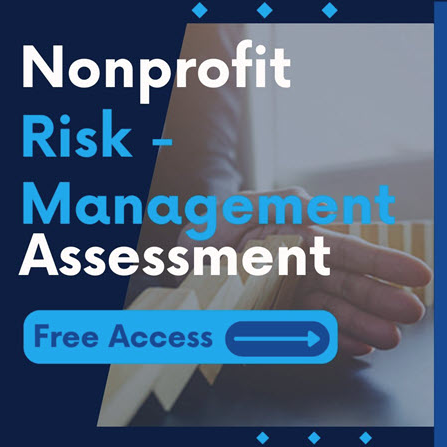
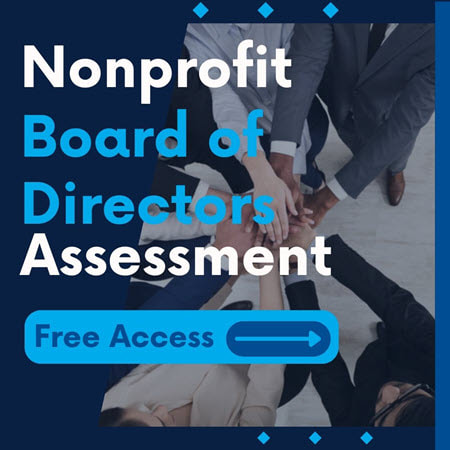
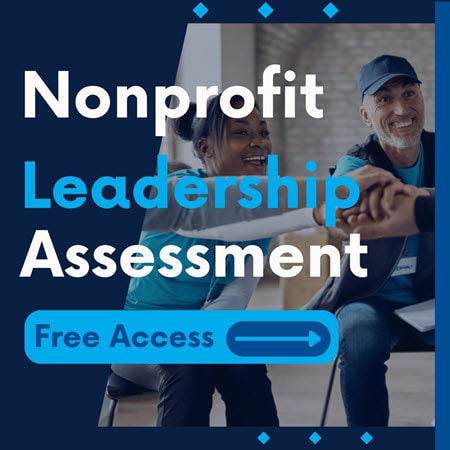
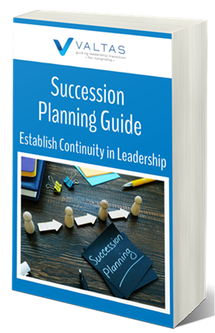
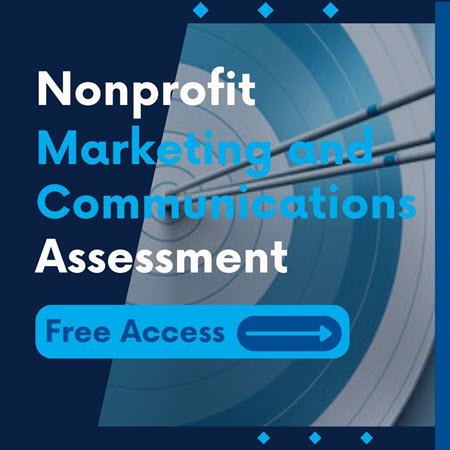
 RSS Feed
RSS Feed
